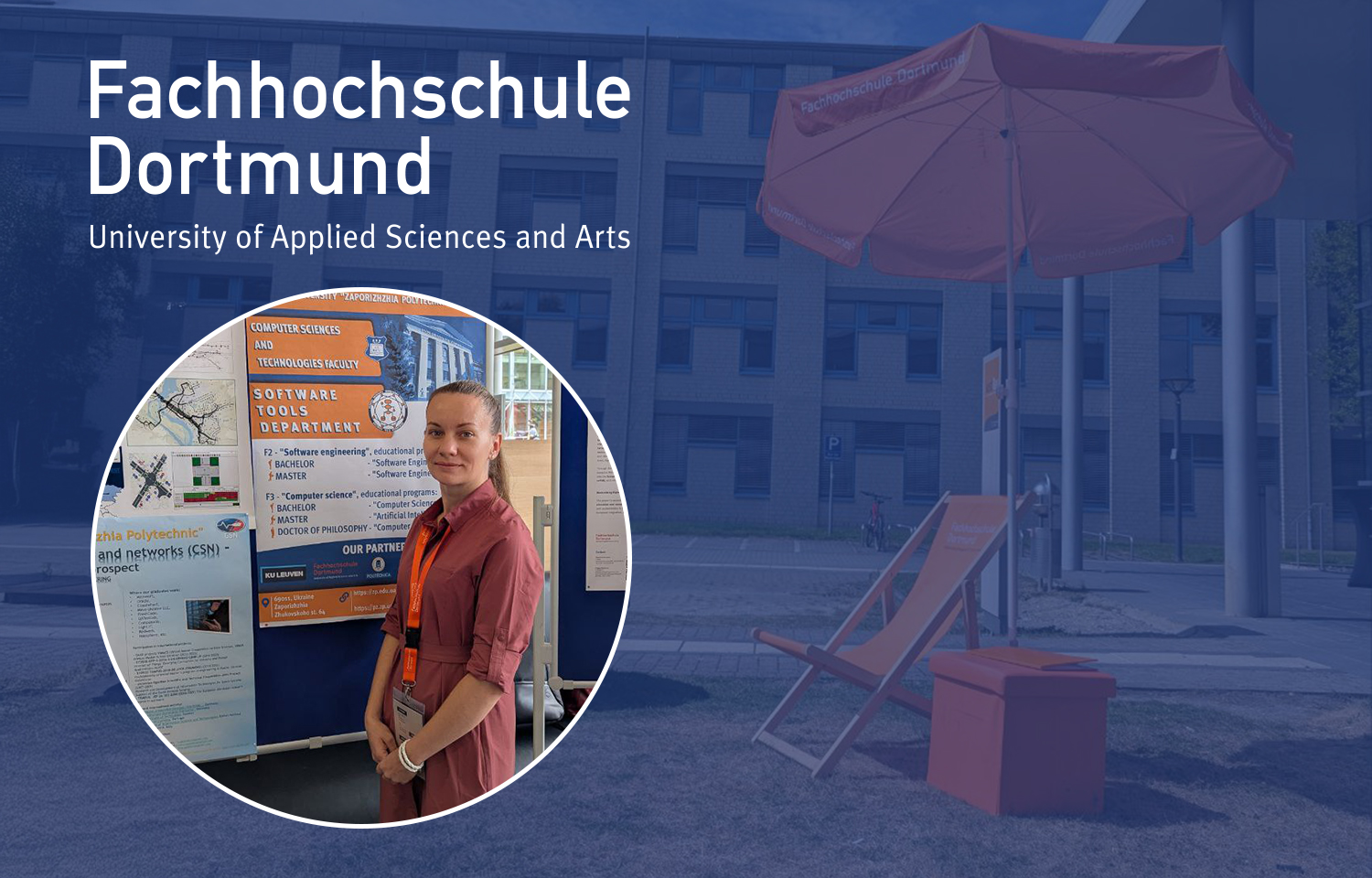At the very end of summer, I had the chance to travel to Dortmund and take part in the International Summer Convention 2025. The week was full of engaging workshops, inspiring discussions, and many opportunities to reconnect with familiar faces while meeting new colleagues from all over the world.
A key theme that resonated with me was Project-Based Learning (PBL). This approach encourages students not just to absorb theory, but to actively apply it in real-life projects. The benefits are clear: teamwork, problem-solving, and critical thinking become part of the learning process, making education more dynamic and relevant.
At the same time, the sessions also highlighted some of the challenges of implementing PBL in cross-border projects. Cultural differences can shape how students collaborate and communicate. Time zone gaps add another layer of complexity to coordination. And of course, every institution has its own academic context that influences how projects are designed and assessed.
Despite these challenges, what stood out was the shared understanding that the benefits far outweigh the difficulties. With the right planning and flexibility, PBL not only works, but thrives in international environments, giving students a truly global perspective on collaboration.
I came back motivated to experiment with this methodology in my own courses. I’m looking forward to adapting what I learned in Dortmund and seeing how project-based learning can enrich the experience of my students.
